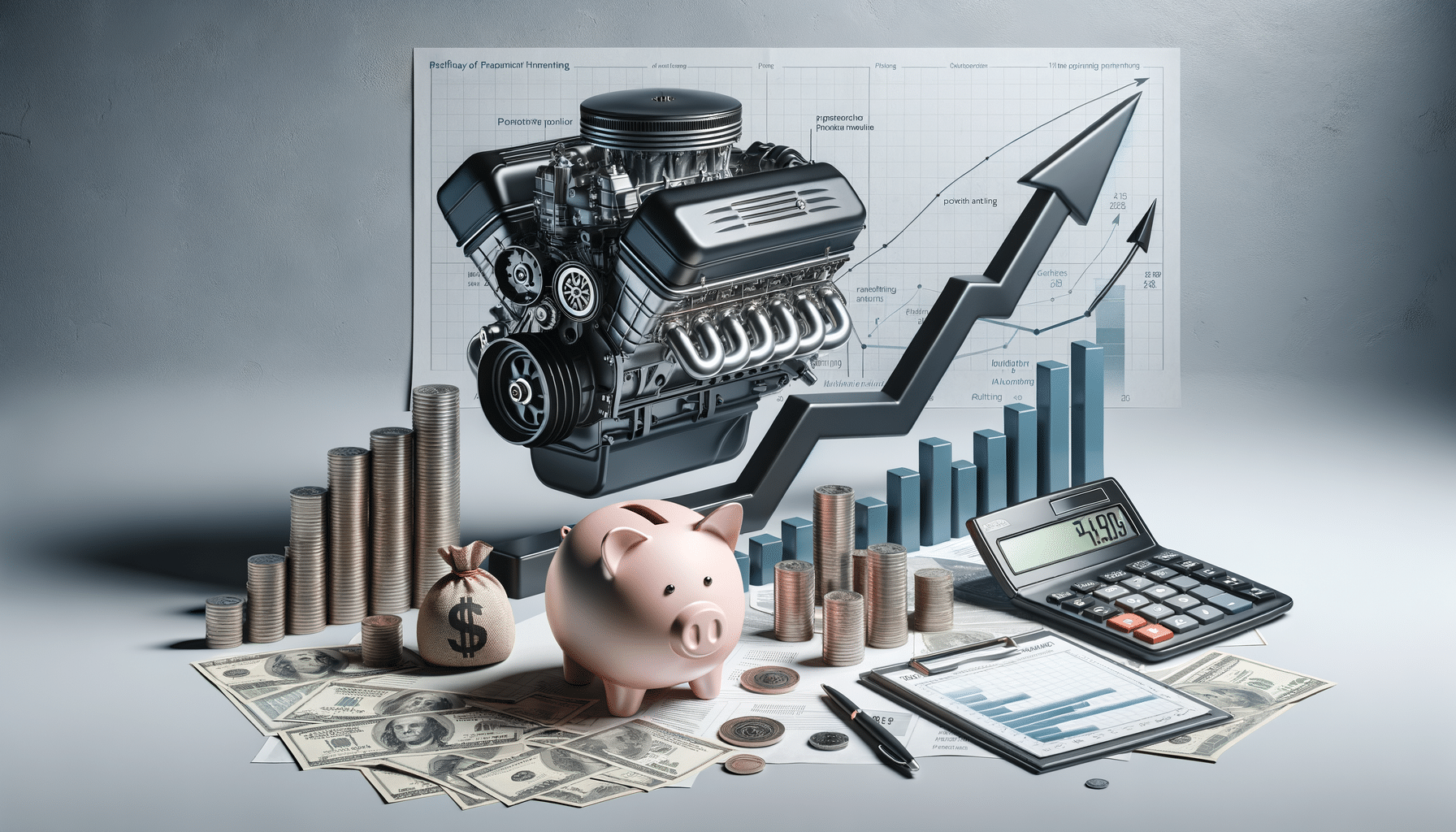
Boat Motor Financing: Tips for Buyers
Introduction to Boat Motor Financing
Purchasing a boat motor can be a significant investment, and financing options can make this purchase more accessible and manageable. Understanding boat motor financing is crucial for potential buyers who wish to balance their budget while enjoying the benefits of boating. This article explores various financing options, interest rates, and repayment plans to help you make an informed decision that aligns with your financial situation and boating aspirations.
Understanding Financing Options
When it comes to financing a boat motor, several options are available, each with its own set of terms and conditions. Buyers can choose from personal loans, dealer financing, or even marine-specific loans. Each option has its unique benefits and drawbacks:
- Personal Loans: These are unsecured loans that can be used for various purposes, including purchasing a boat motor. They often have higher interest rates compared to secured loans but offer the flexibility of use.
- Dealer Financing: Many boat dealers offer financing plans directly to buyers. This option can be convenient as it is often tailored to the purchase, but it may come with specific terms that need careful consideration.
- Marine Loans: These loans are specifically designed for purchasing boats and motors. They typically offer competitive interest rates and longer repayment terms, making them a popular choice among boating enthusiasts.
Choosing the right financing option depends on factors such as your credit score, the total loan amount, and your repayment capability. It’s essential to compare these options to find one that suits your needs best.
Interest Rates and Their Impact
Interest rates play a critical role in determining the overall cost of financing a boat motor. They can vary significantly depending on the type of loan, the lender, and the borrower’s creditworthiness. Understanding how interest rates work can help you make a cost-effective decision.
For instance, secured loans like marine loans often have lower interest rates compared to unsecured personal loans. However, the borrower’s credit score can influence the rate offered. A higher credit score typically results in a lower interest rate, reducing the total cost of the loan over time.
It’s advisable to shop around and compare interest rates from different lenders. Even a small difference in rates can lead to substantial savings over the loan term. Additionally, consider fixed versus variable interest rates, as fixed rates offer stability, while variable rates might fluctuate with market conditions.
Repayment Plans and Terms
Understanding the repayment terms of your boat motor financing is crucial to managing your finances effectively. Repayment plans can vary in length and flexibility, impacting your monthly payments and the total interest paid over the loan’s life.
Longer repayment terms might lower your monthly payments, making it easier to manage your budget. However, they can also increase the total interest paid. Conversely, shorter terms might increase monthly payments but reduce overall interest costs.
It’s important to assess your financial situation and choose a repayment plan that aligns with your income and financial goals. Some lenders may offer flexible repayment options, allowing you to adjust payments based on your financial situation, which can be beneficial if your income fluctuates.
Conclusion: Making an Informed Decision
Financing a boat motor is a significant financial decision that requires careful consideration of various factors, including financing options, interest rates, and repayment plans. By understanding these elements, you can choose a financing plan that fits your budget and boating needs. Take the time to research and compare different options, and don’t hesitate to seek professional advice if needed. With the right financing plan, you can enjoy the thrill of boating without compromising your financial stability.


